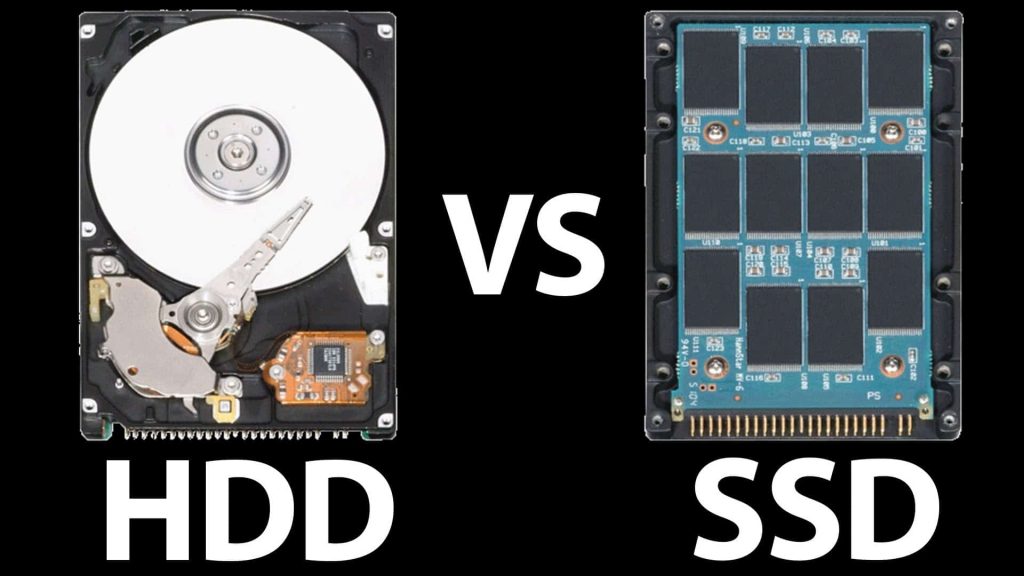Table of Contents
If you are looking for a dedicated web hosting solution, you have to consider many things. A dedicated server is a computer device in a network allocated for serving the needs of the network.
While selecting a dedicated hosting solution, there are many attributes need to be considered such as OS, Data Center, Bandwidth, Security, Hardware, etc. Amongst them selecting the right Hardware is the primary attribute, as your performance and reliability primarily depend on it. In this article, we are going to check the details of drives. How they store the data?
There’s been a big progression in the way data is deposited by web hosting providers. Previously, they used to store the data on traditional Hard Disk Drives (HDD). Now they store on new Solid State Drives (SSD) for rapid speed and performance improvement. SSD is more popular, when you look for dedicated hosting service. As a user you should know difference between SSD and HDD. Also should be able to make the decision of which drive to choose?
Let’s discuss them one by one:
1. SSD Web Hosting:
Full form of SSD is Solid State Drive.
“SSD is storage device containing non-volatile flash memory, used in place of Hard disk. It is used to store the data on microchips.”
SSD are faster in retrieving the data as there is no moving part and can give your website fast speed.
Advantages of SSD Web Hosting:
- Load Speed of website improvement:
SSD remarkably improves the loading speed of the website. Reports showed that websites loading speed improved up to 6.0 GBPS
- Increases Upload Time:
SSD improves upload time & the response time and give user richer experience while using website
- Manage heavy traffic:
Due to rapid speed of SSD’s, they have capability to manage heavy traffic on your website. Provide uninterrupted user experience, Server can answer more requests quickly because of extremely high system performance.
- You can retrieve the data even after life ending of SSD:
SSD doesn’t crash, only we can’t write it further. You can retrieve your stored data easily even after its end life.
- Can work in extremely Hot or Cold weather:
SSD’s can fully work in any weather. Like it can work from temperature range -20 degree to 85 degree Celsius
2. HDD Web Hosting:
HDD stands for Hard Disk Drives.
“Traditional form of storage of data on rotating disk called platters.”
The data on a hard drive is stored on a metal disk which is seated on a wheel that rotates it.
When the website is requested on browser, hosting server retrieve digital information using platters which are quoted with magnetic material.
Hard drives speed is depend on the rotation speed of the disk (5400 or 7200 RPM). It also depends on the bus which connects the hard drive to the motherboard.
HDD vs. SSD – The Important differences you should know:

· SSDs vs. HDDs: Which is Faster?
When SSD dedicated hosting is compared to HDDs, speed is the top determining factor. The speed is the time required for server to store and access data also serve it up to visitors.
SSD performs 300% faster than normal HDD
HDD has rotating mechanics, so it faster for the data that is closer.
· SSDs vs. HDDs: Noise?
SSD’s doesn’t make any noise as there is no moving component.
HDD generates noise as there is rotation of disc.
· Weight:
SSD drives are light in weight because of its built-in integrated chips inside it. HDDS are heavier as they contain a mechanical part that increases weight.
· Hardware Reliability:
SSD drives have immovable parts & hence free from magnetic distortion or damage leading to higher reliability.
HDD’s are having moving parts and magnetic disks so failure chance is higher on more usage.
· Response Time:
SSD has access speed of 35-100 microseconds, which is 100 times faster than HDD whereas HDD takes about 5000 to 10000microseconds to access the data, so response time is very slow.
· Failure Rate:
For SSD probability of failure is very less. So it is available all the time with less failure rate. There is high chance of failure for HDD due to moving components.
Conclusion:
From all the above points it is clear that SSD hosting is best for your website. SSD drives are very fast, secure, durable, and reliable. They can perform 100 times faster, so performance of your website increases significantly than HDD hosting. If you want to rank your website, your website must load fast. With the help of SSD you can make this happen. So think wise, choose right. J
Which hosting you have selected for your website? Please write us in comments about SSD Hosting vs. HDD Hosting.
Visit- Hostdens

You must log in to post a comment.